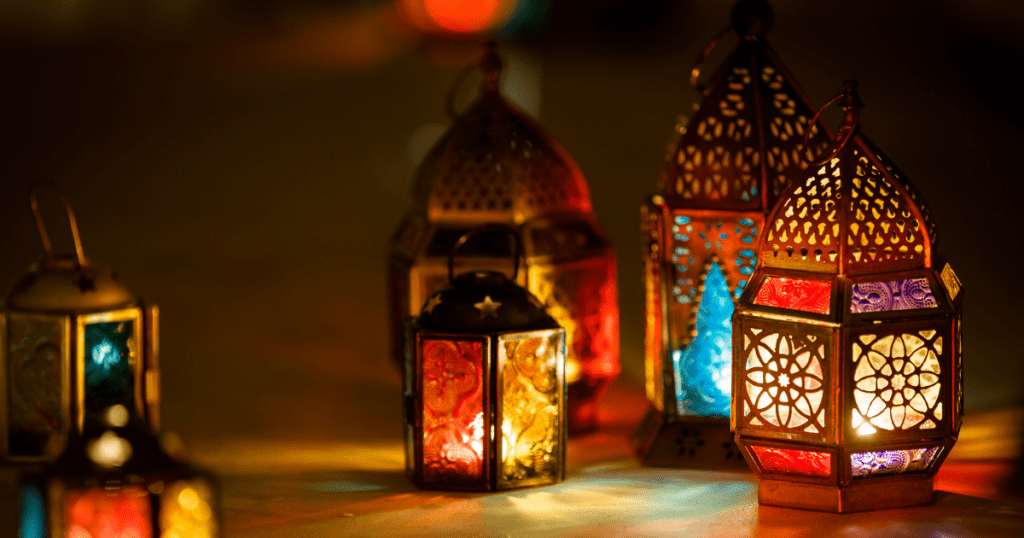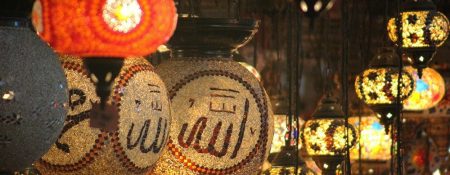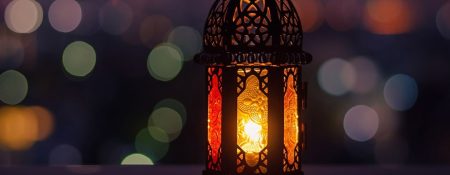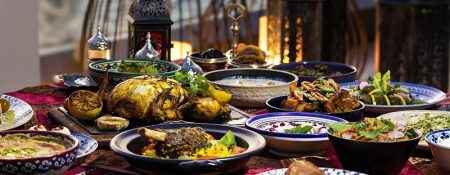
Ramadan is the 9th month of the Islamic calendar. For all Muslims, this time is the most blessed. This is a unique time when every believer can reconsider his spiritual path and find the strength and inspiration for spiritual development and concern for their neighbors. Since the time of the beginning of Ramadan is determined according to the time of the appearance of the new moon.
During this month, the Prophet Mohammed (PHUB) received revelations from the archangel Gabriel around 610 CE. In his spiritual quest, Mohammed (PBUH) went to the cave, where he was visited by the Angel Jibril (Archangel Gabriel), after which he learned that he was chosen as a prophet. This month is considered sacred because at this time the prophet received all the sacred texts collected into the Quran.
O Allah, on this day make my fasts the fasts of those who fast (sincerely), and my standing up in prayer of those who stand up in prayer (obediently), awaken me in it from the sleep of the heedless, and forgive me my sins, O God of the worlds, and forgive me, O one who forgives the sinners.




Ramadan, the holiest month in the Islamic calendar, is a time of spiritual reflection, self-discipline, and communal unity for Muslims around the world. In the United Arab Emirates (UAE), Ramadan holds significant cultural and religious importance, shaping the rhythm of daily life and fostering a unique atmosphere of warmth and spirituality.
The vibes of Ramadan in the UAE are palpable, as the entire country undergoes a transformative experience. From the breaking of dawn until the setting of the sun, the streets come alive with a sense of anticipation and reverence. The bustling cities slow down, and a serene ambiance takes over as families and communities come together to observe this sacred month.
One of the most cherished aspects of Ramadan is the spirit of giving and charity. Throughout the month, Muslims are encouraged to practice acts of kindness, generosity, and compassion towards those less fortunate. In the UAE, numerous charitable initiatives and community-driven efforts are organized to support those in need, reflecting the country's commitment to fostering solidarity and empathy.
The cultural importance of Ramadan in the UAE is deeply ingrained in the fabric of society. It is a time for strengthening familial bonds, reconnecting with loved ones, and honoring traditions passed down through generations. Families gather each evening for Iftar, the meal to break the fast, where a rich tapestry of traditional Emirati cuisine is shared and enjoyed in a spirit of unity and gratitude.
The UAE also embraces the diversity of its population during Ramadan, with residents from various cultural backgrounds coming together to partake in the festivities. Non-Muslims are welcomed to join in the spirit of Ramadan, participating in community events, and sharing in the sense of togetherness that defines this auspicious month.
Celebrations during Ramadan in the UAE extend beyond the confines of the home, with vibrant Ramadan tents set up in public spaces and hotels offering lavish Iftar buffets. These gatherings serve as focal points for socializing, where friends and colleagues come together to enjoy sumptuous meals and engage in lively conversations late into the night.
As the month draws to a close, the atmosphere becomes even more heightened with the arrival of Eid al-Fitr, the festival marking the end of Ramadan. Streets are adorned with festive decorations, and families gather to celebrate with feasts, gift-giving, and prayers of gratitude.
In essence, Ramadan in the UAE is a time of spiritual renewal, cultural celebration, and communal harmony. It serves as a poignant reminder of the values of compassion, tolerance, and unity that form the bedrock of Emirati society, making it a truly special and cherished time for all who call the UAE home.